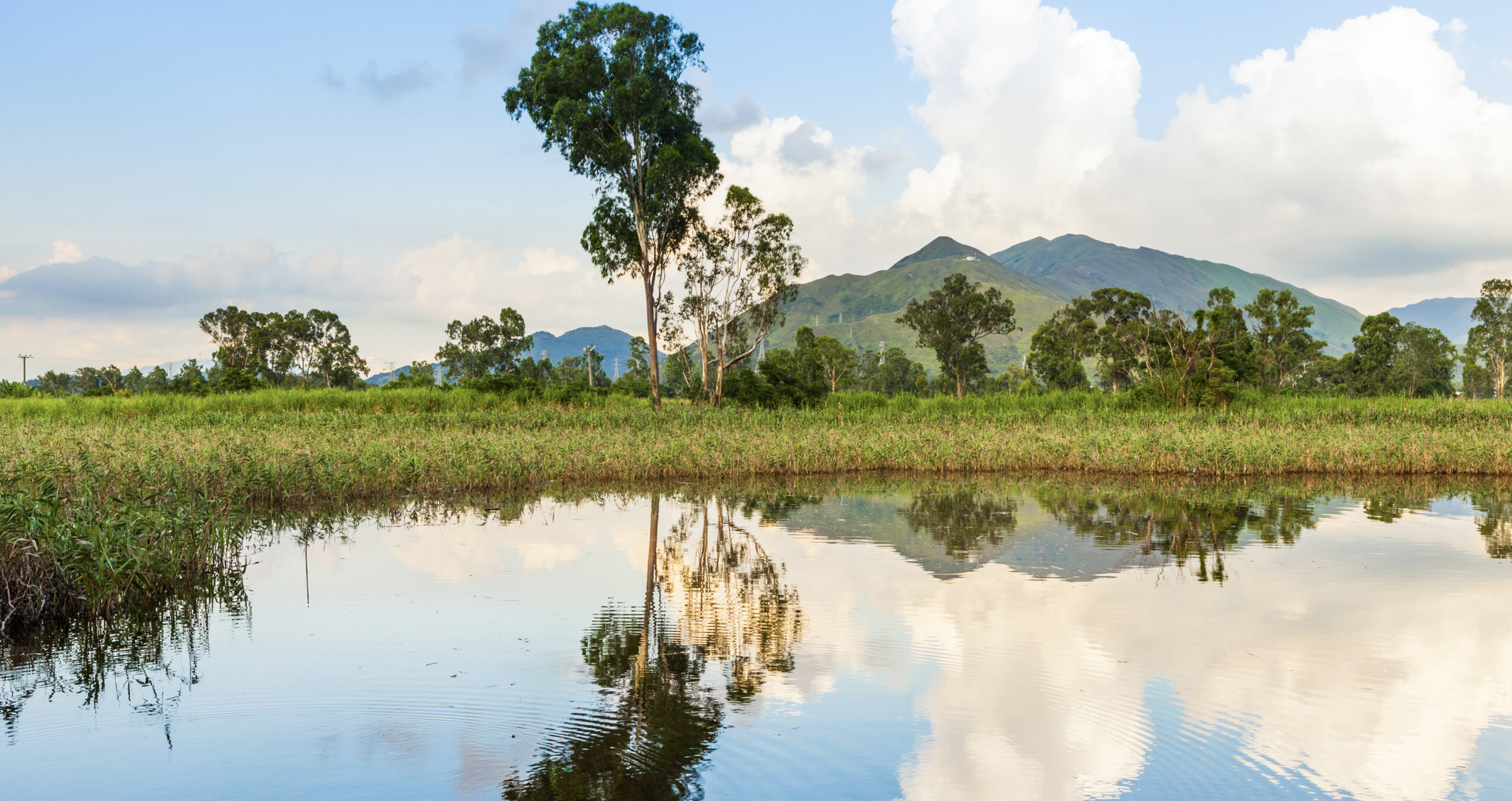
Nestlé, Unilever and other groups call for approval of EU’s nature restoration rules

The proposed Nature Restoration Law is facing stiff opposition from centre-right MEPs, who are aiming to block the bill in the European parliament’s environment committee this week.
A swathe of businesses, including household names such as Nestlé, Unilever and Ikea, have expressed strong support for the European Commission’s proposed Nature Restoration Law.
The bill is facing fierce opposition from the European People’s party, which represents centre-right MEPs in the European parliament. Setting legally binding targets to restore biodiversity and degraded ecosystems would harm Europe’s economy, food production and farmers, the group claims, but companies say this is incorrect.
The commission insists the law is a vital pillar of the EU Green Deal, with healthy carbon sinks — soils, trees, peatlands and wetlands — deemed necessary to stock carbon and help the EU become carbon neutral by 20250. The EPP has, however, in recent weeks launched a relentless campaign, led by a never-ending barrage of tweets, calling for the law to be scrapped.
The EPP, with support from some members of Renew, the liberal grouping in the parliament, blocked the bill last month in the parliament’s agriculture and fisheries committees, and hopes to do the same on Thursday in the environment committee.
Pushback against the group’s arguments is, however, not just coming from climate and environmental campaigners, and those on the centre and left of the political spectrum. The renewables industry, businesses and financial institutions are also becoming increasingly vocal. They argue that the law is compatible with their operations and is needed to protect their interests, as well as meet nature and climate goals.
Leaders of businesses and financial institutions, including the chief executives of Unilever, Ikea and Dutch bank Triodos and Legal and General Investment Management, have written to the commission, parliament and EU member states insisting “our dependence on a healthy environment is fundamental to the resilience of our economies and, ultimately, our long-term success”.
The letter urges EU policymakers to “urgently adopt regulations that promote nature protection, restoration and sustainable use of natural resources, with clear implementation roadmaps and provide the necessary support to communities to ensure a just transition”.
These regulations will “create a level playing field for all businesses in Europe, by providing regulatory certainty and enabling conditions to foster innovation, transform business practices and business models, and ensure forward-thinking companies are rewarded for their actions to halt and reverse nature loss”, the letter states.
“The EU would become a more competitive, resilient and sustainable economy” with the implementation of the nature restoration law, it argues.
Betraying farmers
Meanwhile, 58 companies from across the EU (many are also signatories to the letter) have issued a statement saying MEPs would be betraying farmers by voting against the nature law, and putting their businesses at risk.
“When nature is under pressure, our food systems are under pressure,” said Bart Vandewaetere, vice-president of environmental, social and governance engagement at Nestlé Europe, in a note accompanying the release of the statement.
“Rising temperatures will reduce the area suitable for growing coffee by up to 50 per cent by 2050 if we don’t intervene. Nature restoration and food security are interdependent — we rely on nature for producing our raw materials,” he added.
The renewables industry has also waded into the debate.
“With the nature restoration bill, the commission has gone way over the top,” tweeted Dutch MEP Esther de Lange. “It will make building renewable energy projects and infrastructure in the EU extremely difficult,” she insisted.
Yet, WindEurope, a Brussels-based organisation representing the EU wind industry, said it “emphatically supports” the proposal to restore ecosystems.
EPP claims that the Nature Restoration Law would impact the growth of renewables is “fundamentally wrong”, said WindEurope in a statement, insisting that “nature restoration and the expansion of wind energy go hand in hand”.
Similar Articles

In Brief: EU Council approves two-year delay to parts of CSRD, ISSB publishes digital taxonomy

EU should support lower-income countries through ‘sustainable finance advisory hub’


